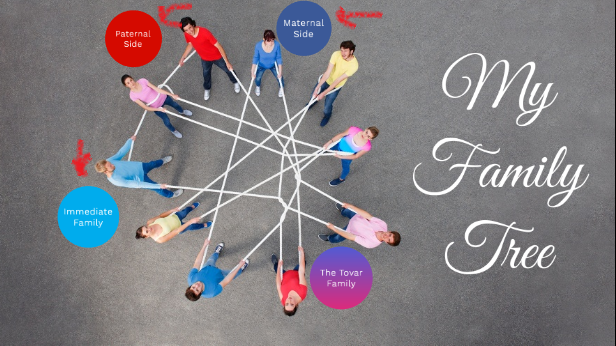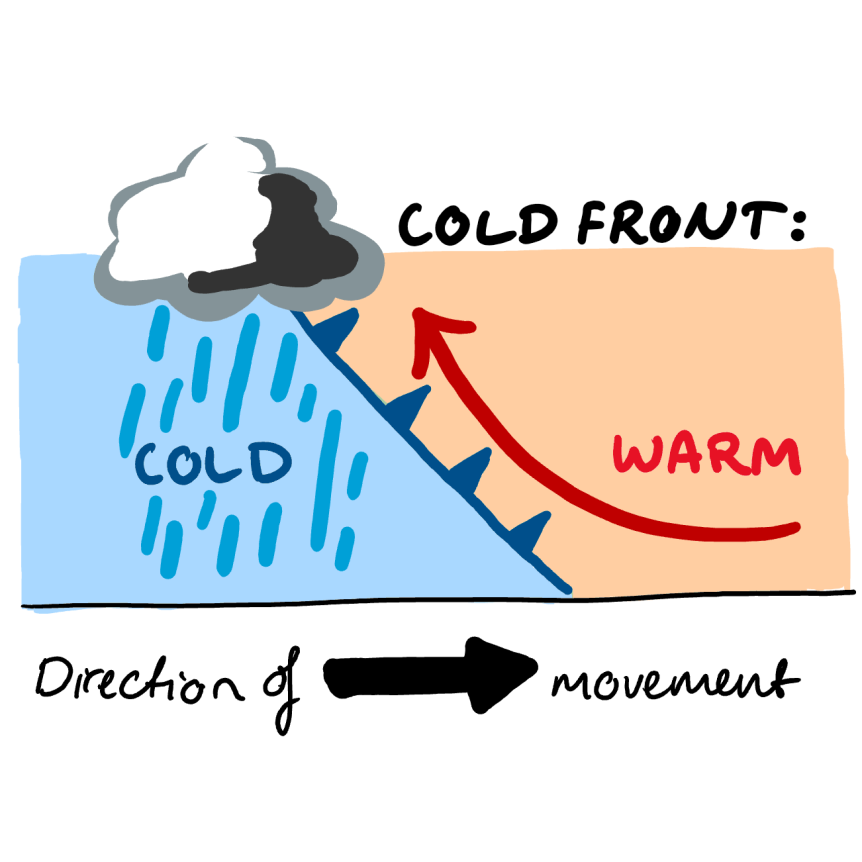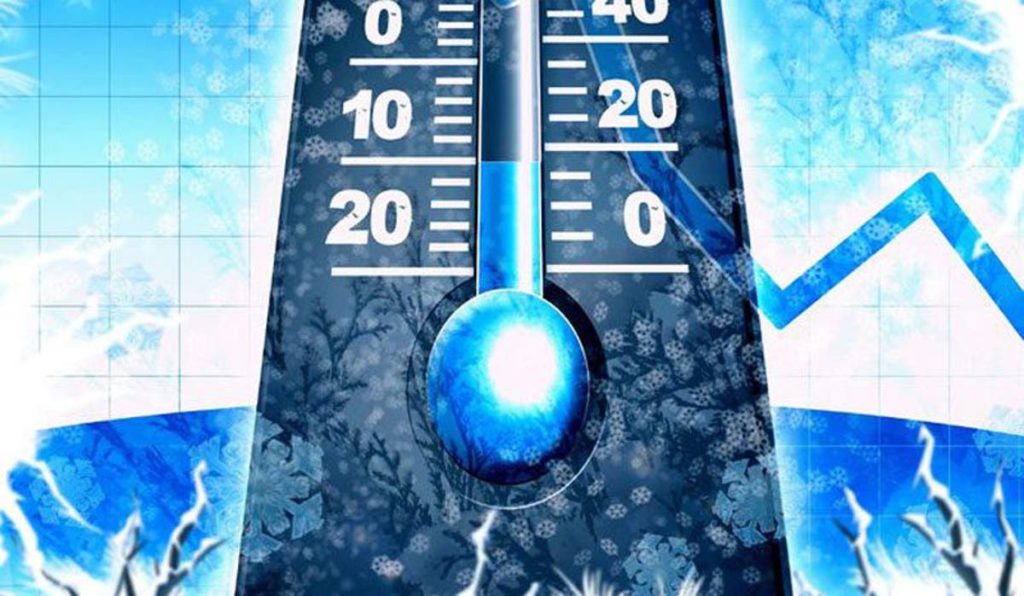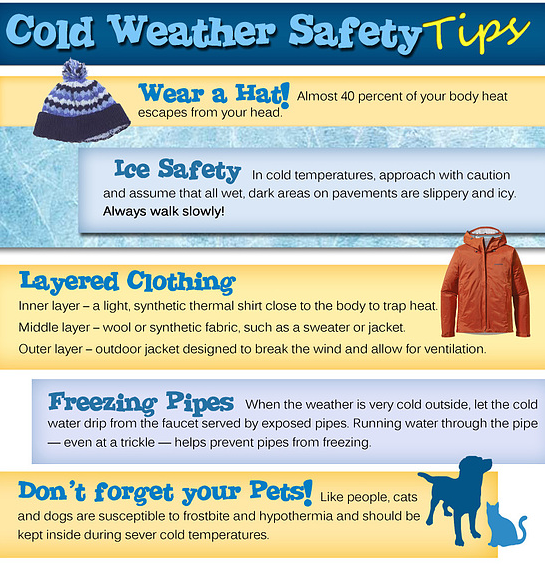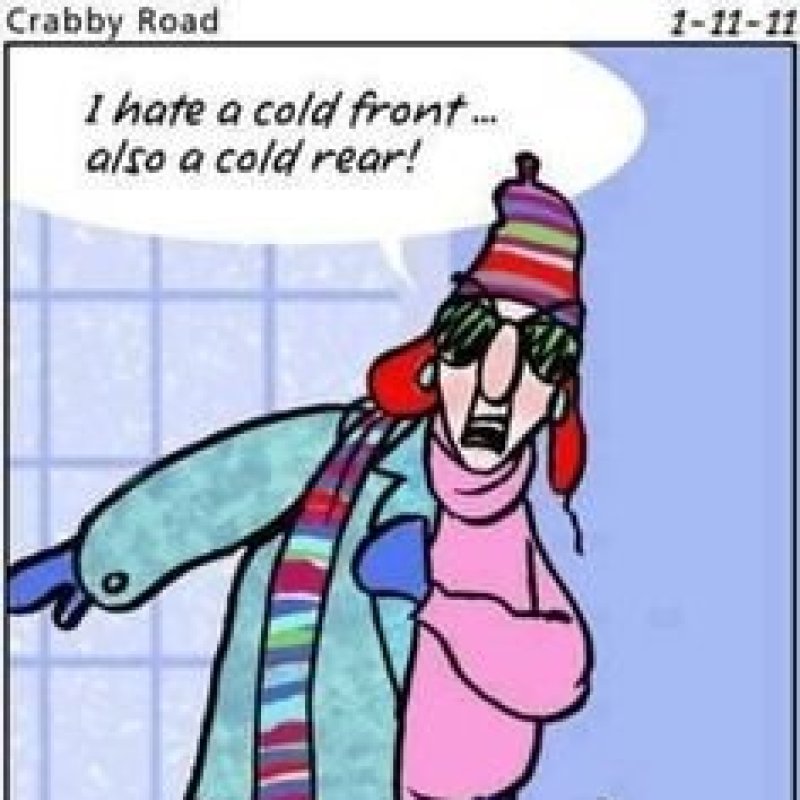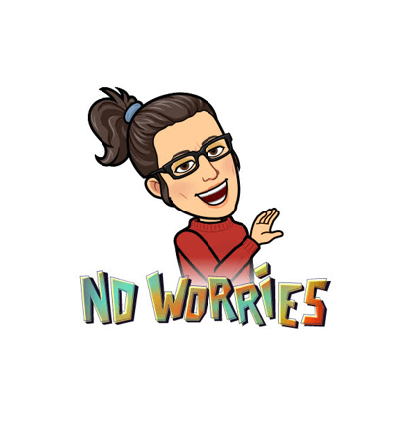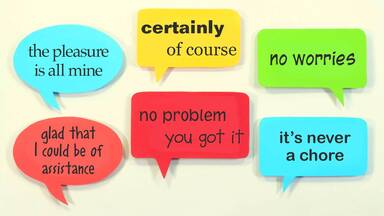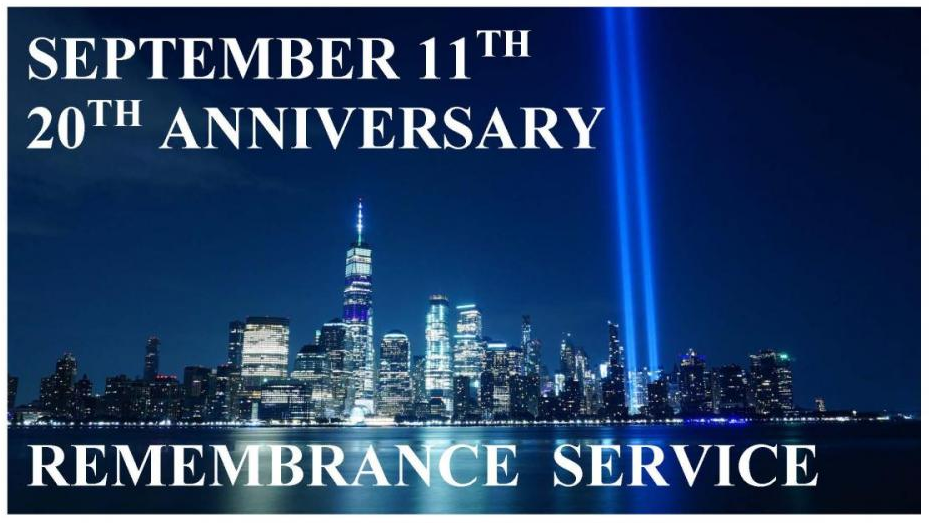
We have recently learned how to use the words birthday and anniversary. This lesson shows the noun anniversary used to talk about the 20th anniversary of the September 11 tragedy. Note that the ordinal number indicating the number of years precedes the word anniversary.
The attack remains one of the most traumatic events of the century, not only for Americans but also for the world.

Around the US, every year, people pause to remember those who lost their lives on the anniversary of the 9/11 attacks, vowing to “never forget.”

“9/11” is shorthand for the date, September 11, 2001. On that date, four airplanes were hijacked or taken over by 19 terrorists, part of the terrorist group called “al-Qaeda,” and used as giant, guided missiles to crash into landmark buildings in New York and Washington. Two planes struck the Twin Towers of the World Trade Center in New York. As people rushed out of the towers, many rushed in to help, including firefighters and police officers, who saved thousands of lives.
Almost 3,000 people died, and thousands were injured or later developed illnesses connected to the attacks, including firefighters who had worked in toxic debris. Citizens of 77 different countries were among the casualties.
The third plane destroyed the western face of the Pentagon – the giant headquarters of the US military just outside the nation’s capital, Washington DC.
And the fourth plane crashed in a field in Pennsylvania after passengers fought back. There is speculation that the hijackers had meant to attack the Capitol Building in Washington DC.
- All 246 passengers and crew aboard the four planes were killed
- At the Twin Towers, 2,606 people died – then or later of injuries
- At the Pentagon, 125 people were killed

Around 17,000 people were in the buildings when they were hit by the planes. Most of them left safely. As they rushed out, firemen, police officers, and other volunteers rushed in to help those still trapped. We call these heroes “first responders”. The buildings were very damaged, though, and before the first responders could help everyone, they collapsed.
On the one hand, the world witnessed the searing destructiveness of naked hate that day; on the other hand saw many performing incredible acts of heroism, sympathy, and gratitude.
People came from all over the world to help. Some came to help the injured. Some came to help clean up the site. Others brought food and support messages for the workers. Many people worked around the clock (all day and all night without stopping) to clear the rubble and the debris, and eight months later, the last of the steel was removed.

To help us remember, a permanent 9/11 Memorial and a Museum were opened at the site of the original World Trade Center on the 10th anniversary of the attacks. Together, they remind us what happened that day and help us remember all the people who lost their lives. They also let us remember the importance of helping each other and making our community and world a better place.
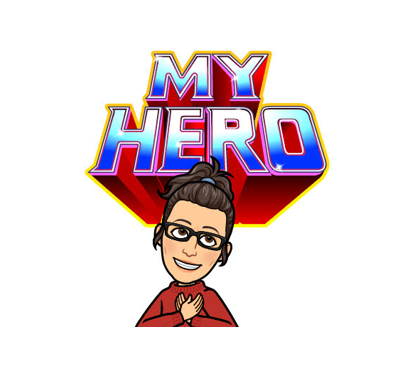
PRACTICE
- What does the word “hero” mean to you? Do you think of someone with superhuman strength or someone you know?
- What makes a hero?
- How can we show support and gratitude to those who act heroically or are absolutely and genuinely committed to the well-being of our community, country, or the world?



